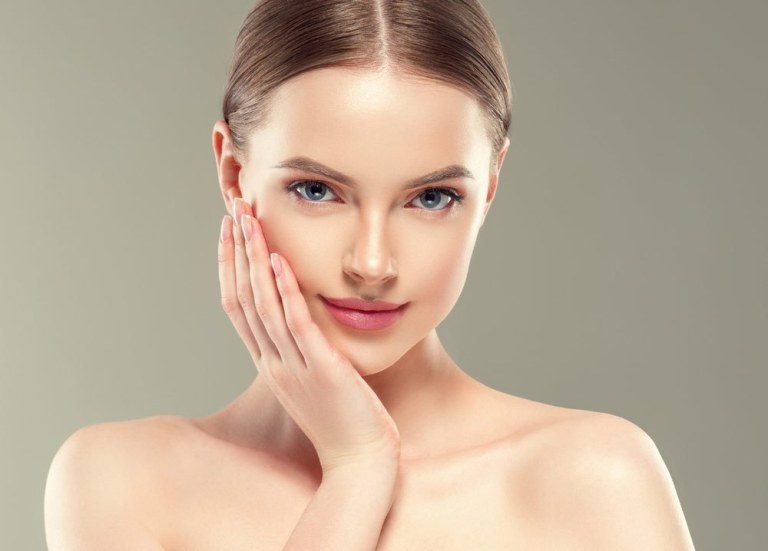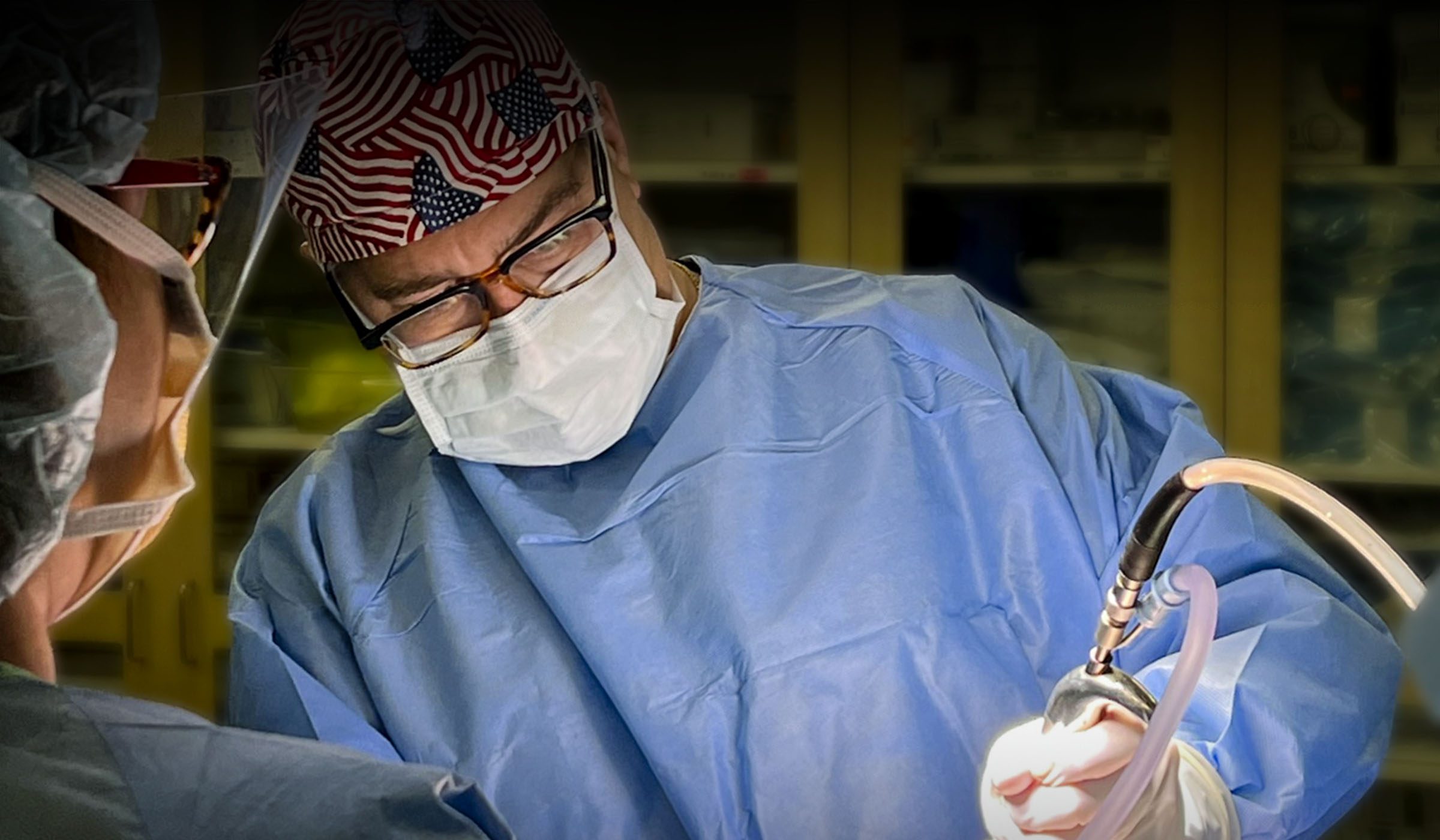Checking Out the Mental and Social Aspects That Drive Individuals to Think About Plastic Surgery as a Means of Improvement
The decision to seek cosmetic surgical procedure frequently prolongs beyond mere visual appeals, intertwining with social and emotional dynamics that merit thorough examination. Variables such as self-esteem, pervasive social appeal criteria, and the prevalent influence of social media converge to form individual motivations for surgical enhancement.
The Duty of Self-confidence
Self-esteem considerably influences a person's choice to seek plastic surgery. Individuals with reduced self-confidence frequently regard themselves in a negative light, causing feelings of insufficiency concerning their physical appearance. This unfavorable self-perception can drive them to seek surgical treatments as an approach of improving their self-image. The need for enhancement in one's look is often connected to a belief that such adjustments will raise their general self-regard and self-confidence.

Ultimately, the function of self-worth in the decision-making procedure regarding cosmetic surgery highlights the complicated interaction in between body picture, individual satisfaction, and mental health. Understanding this connection is vital for medical care experts to ensure that clients are making notified decisions rooted in practical assumptions and psychological wellness.
Societal Charm Specifications
Influenced by prevalent media portrayals and cultural stories, social appeal criteria play an essential role in shaping individuals' assumptions of their own bodies. These standards are frequently defined by an idyllic type of charm that highlights characteristics such as proportion, slimness, and youthful vigor. As these perfects are continued through various channels, consisting of marketing, television, and movie, individuals frequently internalize these messages, bring about frustration with their natural look.
The ramifications of these societal standards prolong past visual preferences; they can influence self-esteem, psychological health and wellness, and social connections. People who regard themselves as falling brief of these requirements might experience feelings of inadequacy, triggering a desire for plastic surgery as a way of attaining societal approval. This quest is usually fueled by the idea that adapting these suitables will improve not just physical appearance yet also social standing and personal fulfillment.

Impact of Social Media
The influence of societal elegance requirements is additional amplified by the increase of social media platforms, where curated pictures and idyllic depictions of charm are ubiquitous. Users are frequently exposed to filteringed system and edited pictures, which frequently illustrate unattainable physical features. This exposure grows a society of contrast, leading individuals to examine their own appearance against these commonly unrealistic criteria.
Social network influencers and celebs regularly promote cosmetic procedures, stabilizing the concept that medical enhancements are a practical ways for attaining societal ideals (plastic surgery rancho cucamonga). The visibility of these enhancements can produce an assumption that undertaking cosmetic surgery is a common practice, thereby influencing individuals to consider similar interventions as a pathway to improved self-esteem and social acceptance
Furthermore, the interactive nature of social media permits instant comments with likes and comments, even more reinforcing the need to adapt preferred elegance criteria. Such interactions can worsen sensations of insufficiency and drive individuals toward cosmetic surgery as a means of gaining validation. Ultimately, social media sites plays a crucial function in shaping understandings of beauty, which considerably impacts the decision-making processes bordering plastic surgery.

Social Point Of Views on Look
Throughout different cultures, perceptions of appearance are deeply rooted web in historical, social, and financial contexts, forming people' sights on appeal and charm. In numerous societies, appearance acts as a significant pen of identification, influencing social condition, professional possibilities, and individual connections. For instance, in some cultures, light skin is often connected with wide range and advantage, while others might idealize darker complexion as icons of toughness and authenticity.
Moreover, traditional appeal requirements are frequently perpetuated with social stories, media representations, and family members influences, bring about differing ideals throughout different regions (plastic surgery rancho cucamonga). In Western societies, the emphasis on young people and fitness commonly drives individuals toward cosmetic enhancement, while in particular Eastern cultures, more subtle modifications straightened with traditional aesthetics may be preferred
Globalization and the expansion of digital media have actually even more made complex these dynamics, producing a hybridization of beauty suitables that goes beyond geographical boundaries. As individuals increasingly navigate these social narratives, the stress to satisfy specific appearance requirements can result in the need for plastic surgery, mirroring a complicated interplay of personal ambitions and social values. Comprehending these informative post social perspectives is important in attending to the motivations behind cosmetic surgical treatment factors to consider.
Psychological Influences of Plastic Surgery
Numerous people seeking cosmetic surgery report experiencing extensive emotional influences that can significantly modify their self-perception and emotional well-being - plastic surgery rancho cucamonga. The wish for physical enhancement commonly comes from underlying issues such as reduced self-esteem, body dysmorphic problem, or social stress pertaining to appeal standards. For some, the prompt post-operative stage can cause a short-term boost in confidence and complete satisfaction with their appearance, fostering a sense of empowerment
However, these favorable sensations may not be enduring. Research indicates that while some people experience enhanced self-esteem, others may encounter elevated stress and anxiety or depression if their expectations are not fulfilled. This inconsistency can occur from impractical perfects continued by media representation and social narratives bordering charm.
In addition, the mental implications of plastic surgery prolong past the individual. Relationships with family and buddies may be stressed as social dynamics shift, resulting in feelings of seclusion or alienation. Ultimately, the mental impacts of plastic surgery are intricate and multifaceted, calling for cautious factor to consider by both prospective individuals and doctor to make certain educated decision-making and sensible expectations.
Verdict
In conclusion, the choice to pursue plastic surgery is dramatically influenced by a combination of self-confidence problems, social beauty requirements, and social perspectives on look. The pervasive reach of social networks even more worsens these stress, advertising unrealistic perfects that individuals commonly make every effort to obtain. Understanding these mental and social variables is crucial for attending click for source to the inspirations behind plastic surgery, highlighting the requirement for an extra nuanced conversation surrounding charm and self-acceptance in contemporary society.
The decision to go after cosmetic surgical treatment commonly expands beyond simple aesthetics, intertwining with social and emotional characteristics that warrant thorough examination. Eventually, social media plays a crucial duty in forming assumptions of charm, which significantly impacts the decision-making procedures surrounding cosmetic surgery.
As people significantly navigate these cultural narratives, the pressure to adjust to details appearance requirements can lead to the wish for cosmetic surgery, reflecting a complex interplay of personal goals and cultural worths.In conclusion, the choice to seek cosmetic surgical treatment is considerably affected by a mix of self-esteem concerns, social charm requirements, and social perspectives on appearance. Understanding these psychological and social factors is vital for attending to the motivations behind cosmetic surgical procedure, highlighting the requirement for an extra nuanced discussion surrounding elegance and self-acceptance in contemporary culture.